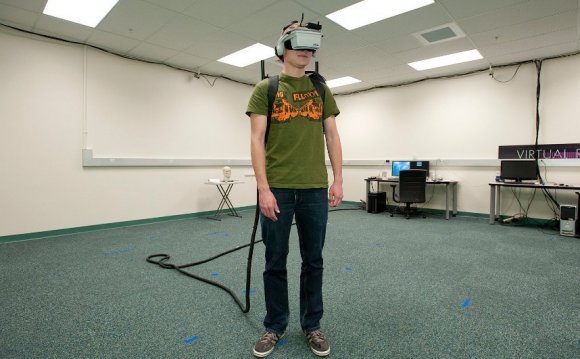
 When discussing research methodology, it is important to distinguish between applied and basic research. Applied research examines a specific set of circumstances, and its ultimate goal is relating the results to a particular situation. That is, applied research uses the data directly for real world application.
When discussing research methodology, it is important to distinguish between applied and basic research. Applied research examines a specific set of circumstances, and its ultimate goal is relating the results to a particular situation. That is, applied research uses the data directly for real world application.
In applied research “[t]he goal is to predict a specific behavior in a very specific setting, ” says Keith Stanovich, cognitive scientist and author of How To Think Straight About Psychology (2007, p.106).
Basic research focuses on fundamental principles and testing theories. Mistakenly, it is sometimes implied that basic research doesn’t have practical applications. The history of science is replete with examples of basic research leading to real world applications. Just because a research study is not directed at specific set of circumstances does not mean that in the future the finding from that study will not be applied to a specific event or events.
Practical Implications of Basic Research
When cell phones were first introduced, cognitive scientists began to worry about whether their use while driving could lead to increased numbers of automobile accidents. The worry was not because drivers would take one hand off the wheel when using the phone, but because of the attention requirements of talking on the phone. These predictions were derived from basic theories on limited attention capacities.
Classical and operant condition principles were developed mostly from experimenting on non-human subjects. Since the discovery of these principles, they have been applied to a wide array of human problems, such as teaching declarative knowledge, treating autistic children, treating overweight individuals, and treating phobias, just to name a few.
Share this Post
INTERESTING PSYCHOLOGY VIDEO













